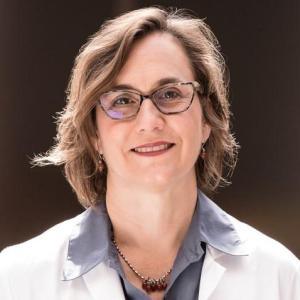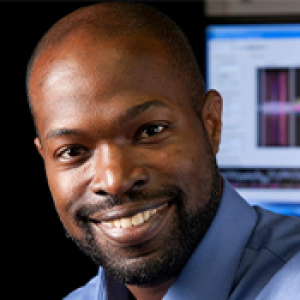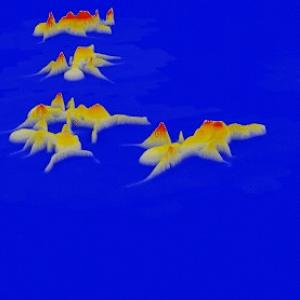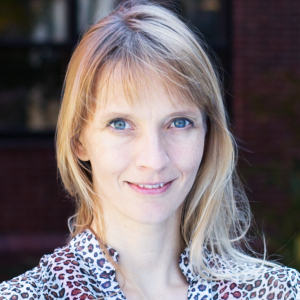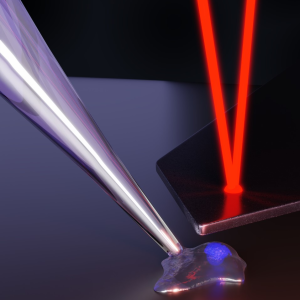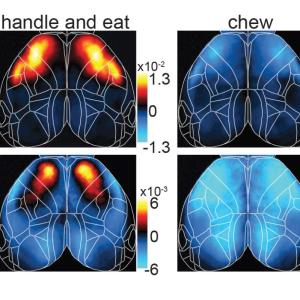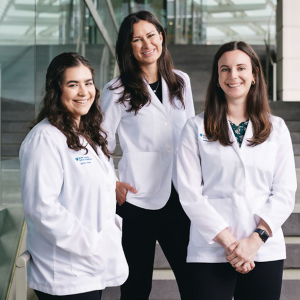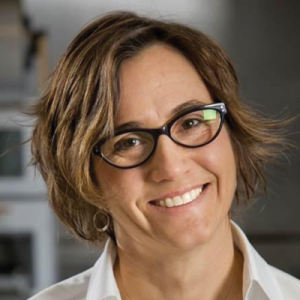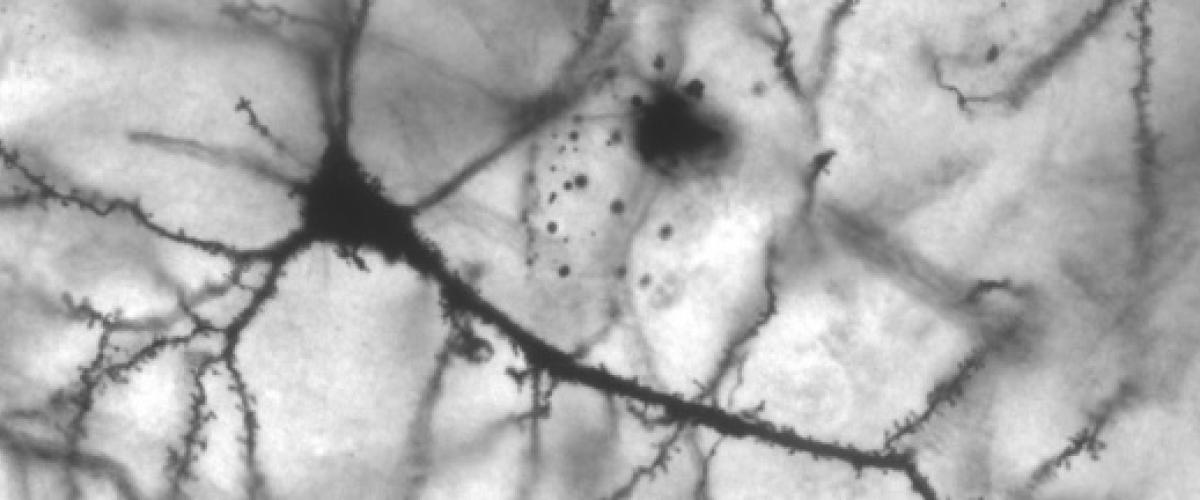
Calakos Receives 2023 ASCI Korsmeyer Award
The American Society for Clinical Investigation (ASCI) has awarded Nicole Calakos its 2023 Stanley J. Korsmeyer Award.
Dzirasa Elected Member of the American Institute for Medical and Biological Engineering
Kafui Dzirasa has been inducted into the 2023 class of the American Institute for Medical and Biological Engineering “for his pioneering work in understanding the electrical patterns th
Naumann Lab Collaborates with Duke BME Colleagues to Create Novel Gigapixel 3D Microscope
Naumann lab researchers in collaboration with Duke BME colleagues have developed a new kind of microscope that stitches together videos from dozens of smaller cameras can provide researchers
New Paper by Naumann Lab Details Their Novel Multi-Camera Array Microscope (MCAM)
Complex biological systems typically include processes that span many levels of organization across spatial scales that vary by multiple orders of magnitude.
New Study by Dzirasa and Collaborators Investigates Disparity in Distribution of NIH Awards by Gender, Race, and Ethnicity
In a paper published online February 28 in JAMA, a team of investigators which included Kaf Dzirasa, examined the gender, ethnic, and racial distribution of super NIH prinicpal in
New Research by Michael Young Measures the Lightest Touch Your Body Responds To
In a paper published online February 16 in the journal Proceedings of the National Academy of Sciences, a team of neurobiologists led by recent graduate and
Huang Lab Finding on Coordinating Perception and Movement
As Dan Vahaba writes on the Duke Research & Innovation blog, "Brain cells come in many varieties, but lit
Scientists Led by Neurobiology's Goldstein, Find Key Reason Why Loss of Smell Occurs in Long COVID-19
The reason some people fail to recover their sense of smell after COVID-19 is linked to an ongoing immune assault on olfactory nerve cells and an associated decline in the n
Native American Heritage Inspires Lumbee Students, Neurobiology's Emily Alway Among Them
Third-year Duke medical student Emily Alway grew up near Detroit, but every July, her family would travel to North Carolina for Lumbee homecoming, which includes a parade and a pow
Calakos Elected to U.S. National Academy of Medicine
Calakos is a physician-scientist who has become a leader in her field with discoveries in basal ganglia physiology and its role in disease.
